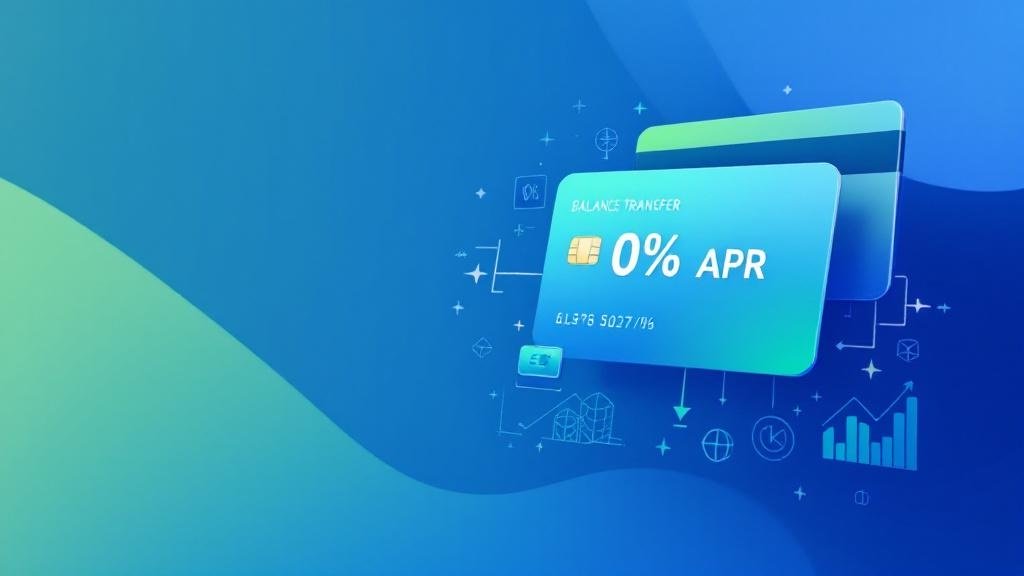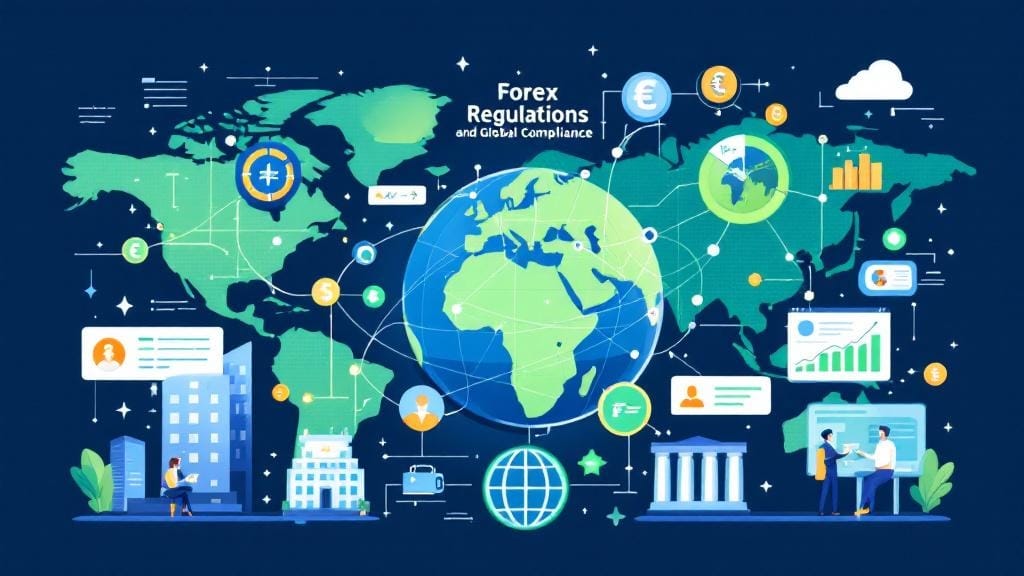Struggling to keep up with multiple credit card payments, personal loans, and monthly bills? You’re not alone. Millions of people face financial stress due to juggling various debts with different due dates and interest rates. That’s where debt consolidation comes in—a smart, strategic way to regain control over your finances and simplify your life.
In this guide, we’ll break down what debt consolidation is, how it works, the pros and cons, and how to decide if it’s the right move for you. Let’s walk through the entire process in simple terms and explore real-life scenarios where it truly helps.
What Is Debt Consolidation?
Debt consolidation is the process of combining multiple debts—typically high-interest debts like credit cards or personal loans—into a single loan with a lower interest rate and a fixed monthly payment. The goal is to simplify repayment, reduce interest, and make your debt easier to manage.
Instead of paying five different bills each month, you make just one monthly payment—often at a better rate and with a clearer payoff timeline.
How Debt Consolidation Works
Let’s say you have:
-
Credit card 1: ₹75,000 at 28% APR
-
Credit card 2: ₹50,000 at 24% APR
-
Personal loan: ₹1,00,000 at 18% APR
That’s ₹2,25,000 in total debt, spread across different lenders and interest rates.
You apply for a debt consolidation loan of ₹2,25,000 with a 12% interest rate and a 3-year term. You use this loan to pay off all three existing debts, and now you have one fixed monthly payment, one interest rate, and a clear timeline to become debt-free.
Types of Debt Consolidation Options
There are several ways to consolidate debt, depending on your situation:
1. Debt Consolidation Loans
This is the most common method. A personal loan for debt consolidation offers a lump-sum amount at a fixed interest rate, typically with repayment terms ranging from 1 to 7 years.
2. Credit Card Consolidation
Balance transfer credit cards let you move high-interest balances to a card with 0% or low-interest promotional periods—typically 6 to 18 months. Ideal if you can pay off the balance quickly.
3. Debt Consolidation Companies
Some firms offer debt consolidation services, managing your debt payments for you while negotiating lower rates with your creditors. These can be helpful if you prefer expert guidance.
4. Online Debt Consolidation Tools
Several online platforms compare loan offers and allow you to apply for online debt consolidation in just a few steps. They’re convenient and often help find the best deal.
Benefits of Debt Consolidation
✅ 1. Lower Interest Rates
Many people use debt consolidation to replace high-interest unsecured debt (like credit cards) with a low interest debt consolidation loan. This can save thousands in the long run.
✅ 2. Fixed Monthly Payment
Know exactly what you owe each month. No more fluctuating minimum payments—just one fixed monthly payment that fits your budget.
✅ 3. Simplified Repayment
No more remembering multiple due dates or juggling payment amounts. One loan, one lender, one goal: pay off debt faster.
✅ 4. Credit Score Impact
Over time, debt consolidation can improve your credit score, especially if you make payments on time and reduce your credit utilization.
✅ 5. Reduced Stress
Fewer bills, lower interest, and a clearer financial plan can dramatically reduce financial anxiety.
Is Debt Consolidation Right for You?
Debt consolidation isn’t a one-size-fits-all solution. Ask yourself:
-
Are your debts primarily unsecured debt (credit cards, personal loans, etc.)?
-
Do you have a stable income to make consistent monthly payments?
-
Is your credit score strong enough to qualify for favorable loan terms?
-
Are you committed to avoiding new debt after consolidation?
If you answered yes, debt consolidation might be a great way to take back control of your financial life.
What to Look for in the Best Debt Consolidation Programs
Not all consolidation options are equal. Here’s what to evaluate:
📌 1. Interest Rates
Look for rates significantly lower than your current debts. Even a 5-10% reduction can save you a lot.
📌 2. Loan Terms and Conditions
Understand the loan repayment strategy, tenure, prepayment charges, and total cost over time.
📌 3. Monthly Payment Reduction
Make sure the new monthly payment is affordable and realistic, based on your income and expenses.
📌 4. Debt-to-Income Ratio
Lenders consider your DTI ratio when approving loans. Lowering this through consolidation can help your financial standing.
📌 5. Reputable Debt Consolidation Companies
Work only with trusted, licensed companies or lenders. Avoid scams promising “instant debt forgiveness.”
Debt Consolidation for Bad Credit
Worried about your credit score? You may still qualify for debt consolidation for bad credit, but the interest rate might be higher.
Tips:
-
Shop around using online debt consolidation tools.
-
Consider using a secured loan if possible (e.g., against property or fixed deposit).
-
Add a co-signer to improve approval chances.
Real-Life Example: How Debt Consolidation Helped Arjun
Arjun, a freelance designer from Pune, had ₹3,50,000 spread across five credit cards, all charging over 30% APR. Struggling to keep up with due dates and penalties, he opted for a personal loan for debt consolidation at 13% interest for 4 years.
His previous EMI total: ₹21,000/month.
After consolidation: ₹10,800/month.
He saved over ₹1.3 lakh in interest and regained his financial footing in under 4 years—all by consolidating his credit card debt into a manageable loan.
Pros and Cons of Debt Consolidation
| Pros | Cons |
|---|---|
| Lower interest rates | May require good credit score |
| One manageable payment | Could lead to longer repayment period |
| Can boost credit score | Not a solution if spending continues |
| Clear debt payoff timeline | Fees or penalties might apply |
| Easier financial planning | May require collateral (secured loans) |
How to Get Started with Debt Consolidation
-
Assess Your Debt – List balances, interest rates, and lenders.
-
Check Your Credit Score – Higher scores get better rates.
-
Compare Lenders – Use online tools or work with a loan advisor.
-
Choose a Loan – Pick based on interest, tenure, and monthly EMI.
-
Pay Off Your Debts – Use the funds to clear old balances immediately.
-
Stick to the Plan – Avoid taking on new debt during repayment.
FAQs About Debt Consolidation
1. Does debt consolidation hurt your credit?
Initially, applying for a loan might cause a small dip due to a credit check. But over time, paying on time and reducing credit utilization can improve your credit score.
2. Can I consolidate credit card debt only?
Yes. Credit card consolidation is one of the most common uses of debt consolidation loans or balance transfer cards.
3. What if I have bad credit?
You can still apply for debt consolidation for bad credit, though your loan terms may not be ideal. Some lenders specialize in working with low-credit borrowers.
4. Will my monthly payments go down?
In most cases, yes—especially if you get a lower interest rate or extend the loan term. Just ensure the monthly payment reduction still fits your long-term goals.
5. Is it better to consolidate or pay off debt separately?
If your debts have high interest or varying due dates, consolidating is usually more efficient. But if you have small balances with low rates, individual repayment might work fine.
6. Can I apply for debt consolidation online?
Absolutely. Many online debt consolidation platforms allow you to compare offers, check eligibility, and apply—without visiting a bank.
7. How fast can I pay off my debt after consolidation?
It depends on the loan terms and your repayment discipline. Many people become debt-free in 2–5 years with a structured plan.
Conclusion: Take Control With Debt Consolidation
Debt consolidation is not just about merging loans—it’s about regaining control, reducing stress, and building a healthier financial future. With the right plan, you can lower your monthly burden, save on interest, and pay off debt faster than you thought possible.
Whether you’re juggling high-interest credit cards or managing multiple EMIs, consolidation can bring simplicity and peace of mind. Explore your options, compare offers, and start your journey to financial freedom today.
✅ Ready to Regain Control?
Explore trusted debt consolidation companies and online debt consolidation tools to compare loan offers and find the best fit for your financial goals.








Comments (0)